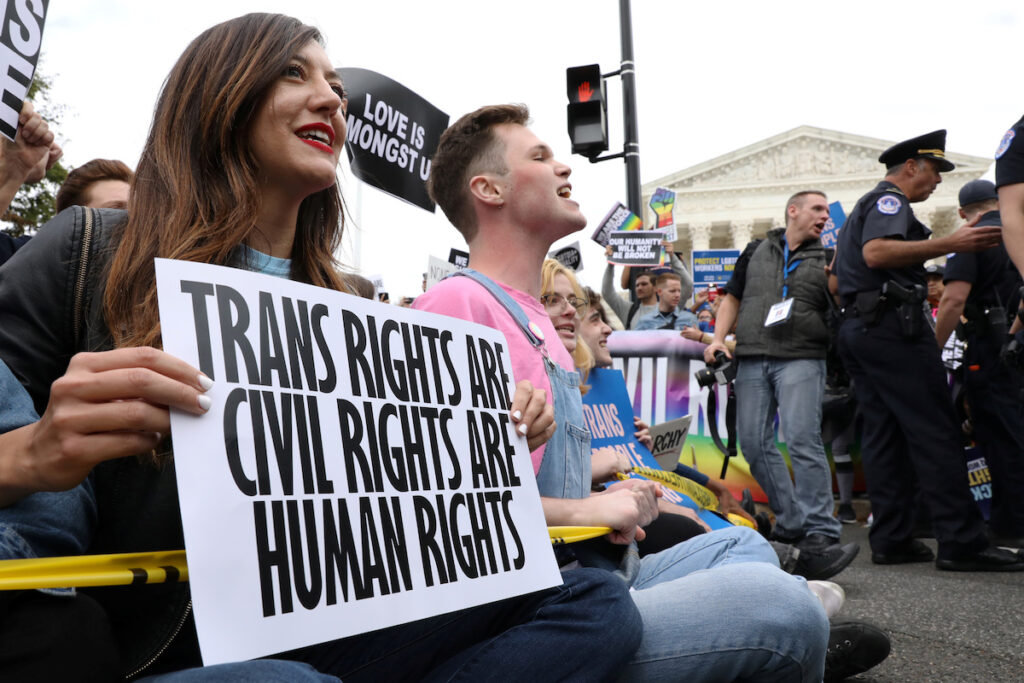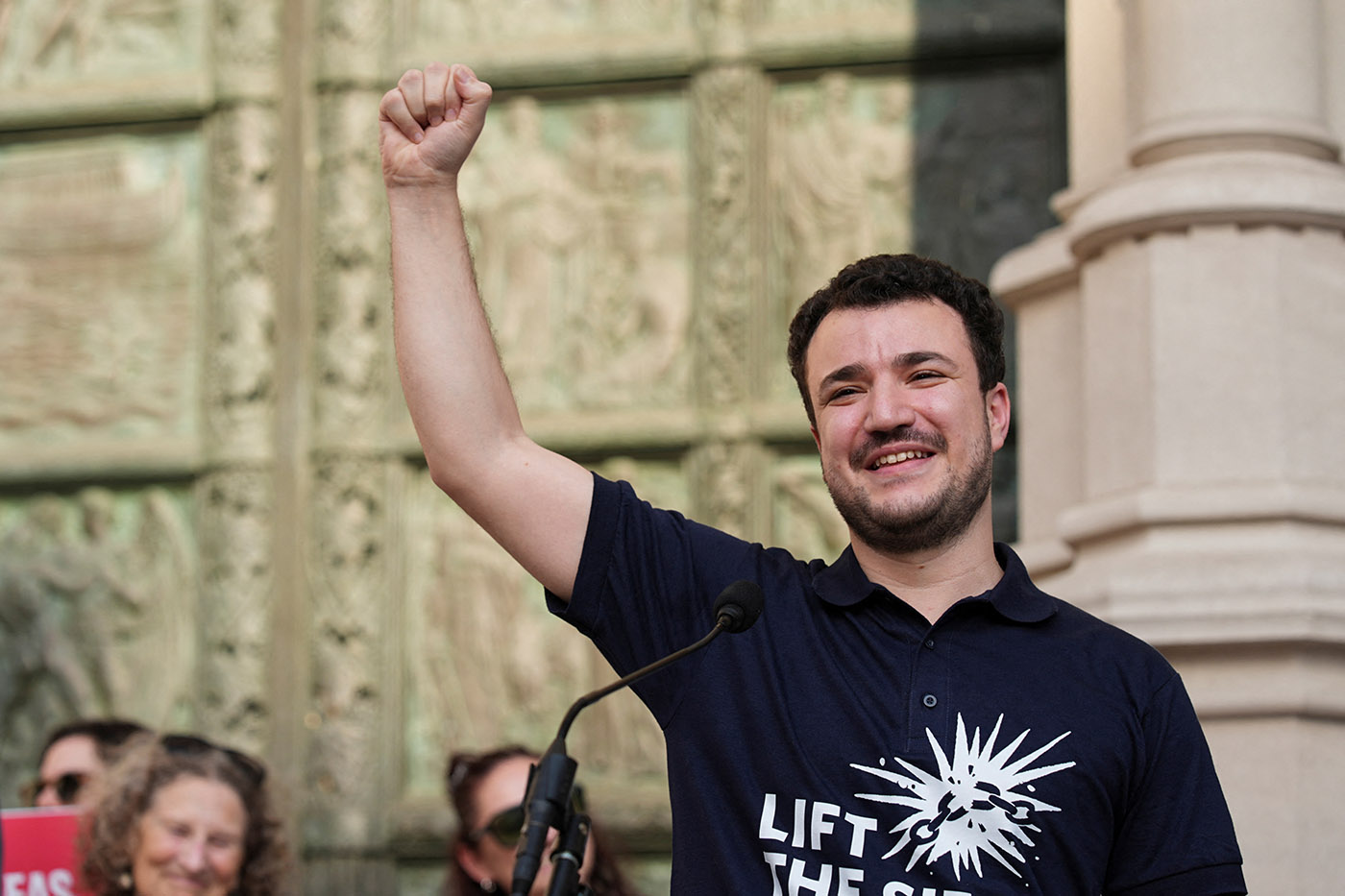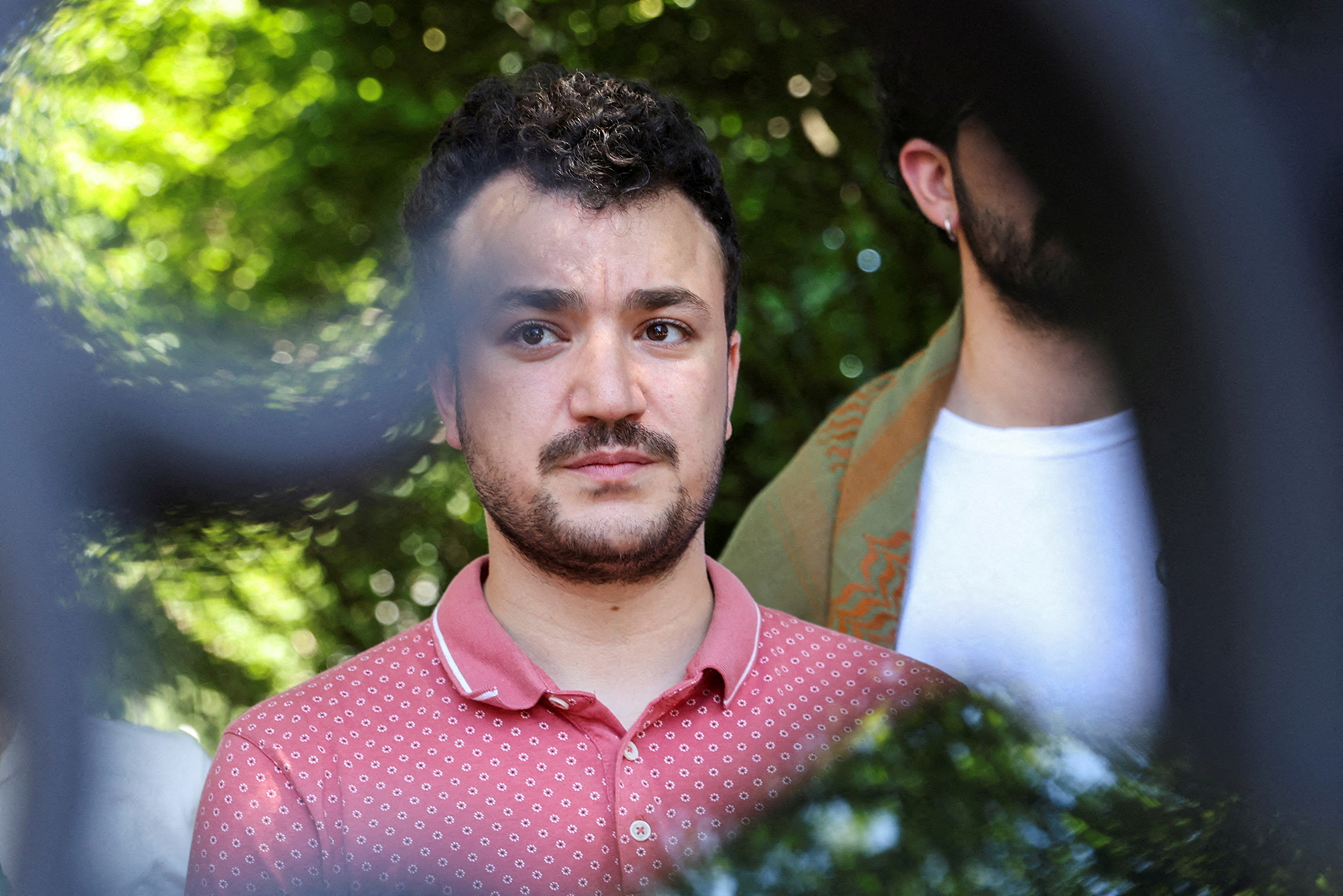A lawsuit filed by a professor at a small public college in Ohio highlights tensions between an educator’s free speech rights and a student’s right to be free from a hostile learning environment.
Nicholas Meriwether, a political philosophy professor at Shawnee State University, sued the institution after he was investigated for refusing to refer to a student by her preferred gender pronouns. The professor claims that doing so would go against his religious beliefs, and sued the school on First Amendment grounds.
The complaint was dismissed by United Magistrate Judge Karen Litkovitz in 2019 and again by the United States District Court for the Southern District of Ohio in 2020. But on March 26th, a three-judge panel on the United States Court of Appeals for the Sixth Circuit revived the lawsuit.
“Meriwether has plausibly alleged that Shawnee State violated his First Amendment right by compelling his speech or silence and casting a pall of orthodoxy over the classroom,” wrote Judge Amul Thapar, an appointee of President Donald Trump.
Public universities are bound by federal anti-discrimination laws. One of these laws, Title VI of the Civil Rights Act of 1994, states that “No person in the United States shall, on the ground of race, color, or national origin, be excluded from participation in, be denied the benefits of, or be subjected to discrimination under any program or activity receiving Federal financial assistance.” There is also Title IX which ensures that people are not discriminated against on the basis of their sex.
To comply with anti-discrimination laws, many universities have policies regulating professors’ classroom speech and behavior.
Andrew Koppleman, a constitutional lawyer expert at Northwestern University, said in an interview The Washington Post that creating a First Amendment exception to anti-discrimination policies would create a hostile environment.
“As a hypothetical, let’s suppose that a professor thinks that the honorific ‘Mr.’ is okay, but not for African Americans because it gives African Americans a respect he doesn’t believe they deserve,” Koppelman told The Washington Post. “I think a court would say that that alone would create a hostile environment. I don’t understand why applying the wrong honorific only to transgender students doesn’t create a hostile environment.”
Tags



